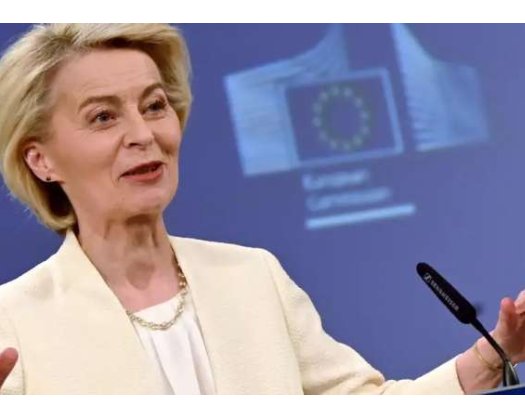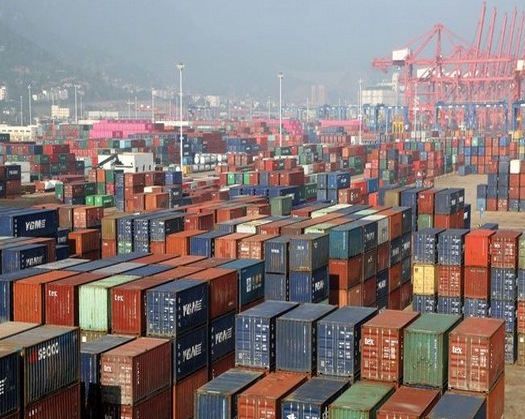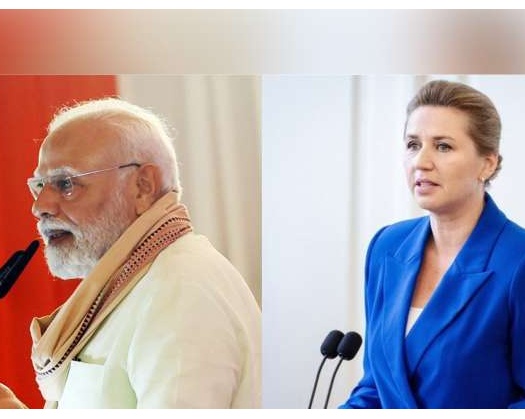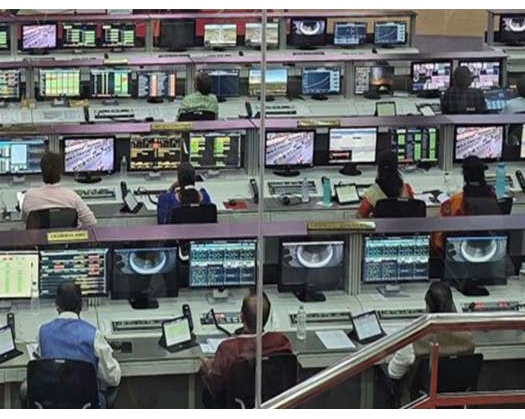Brussels: On Wednesday, the European Commission, the European Union's executive arm, unveiled its plan for a huge budget increase to €2 trillion ($2.33 trillion) for the years 2028-2034.
The figure represents an €800 billion ($930 billion) boost over the current budget of €1.2 trillion as the bloc prepares to address issues such as migration, digital regulation, foreign competition, and Russian aggression.
It is a budget for a new era, according to Commission President Ursula von der Leyen on the microblogging site BlueSky. [A budget] that reflects Europe's ambition, addresses Europe's difficulties, and strengthens our independence.
The Commission termed the plan as the most ambitious EU budget ever, stating that it is more strategic, adaptable, and transparent.
What is the EU budget used for?
The EU budget, formally known as the multiannual financial framework (MFF), outlines the bloc's policy priorities for the next years as well as the amount of funding set aside for various sectors.
According to the draft plan presented to the European Parliament in Brussels by EU budget commissioner Piotr Serafin on Wednesday, the biggest amount of funds will be set aside for a national and regional partnership fund worth €865 billion.
An extra €451 billion would be set aside for EU investment initiatives in clean tech, digital, biotechnology, defense, space, and food, while approximately €300 billion will be used to assist farmers who are concerned about possible subsidy reductions.
Up to €100 billion ($116 billion) will be earmarked for Ukraine over the next three years, following Russia's full-scale invasion. This is a long-term commitment to Ukraine's restoration and reconstruction, according to Serafin.
Who contributes to the EU budget?
The EU budget is mostly funded through member state contributions. Germany, as the EU member with the biggest economy, typically contributes little less than a quarter of the available funds.
According to Wednesday's draft, however, the proposed rise might be funded in part through new revenue streams, including a charge on large enterprises with yearly turnover of more than €50 million and a portion of national tobacco taxes.
The draught budget will now serve as the foundation for talks between the EU Commission, the EU Parliament, and member states, which are expected to be lengthy and difficult.









